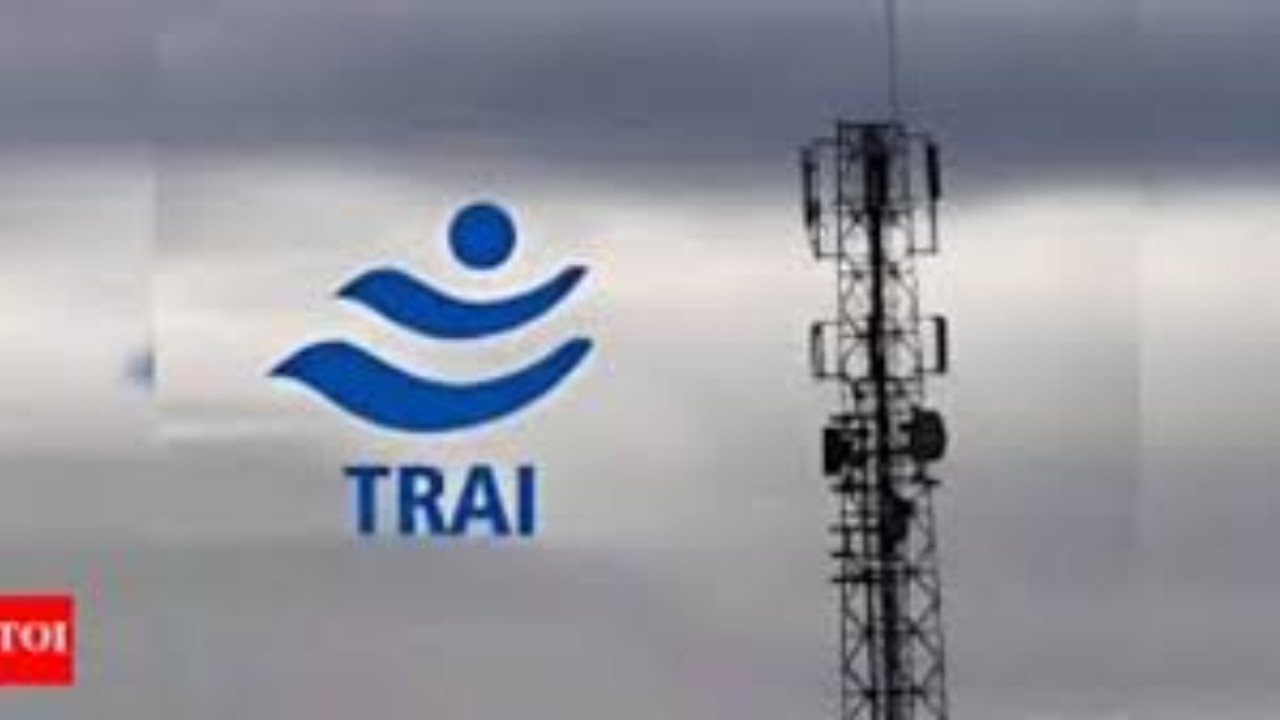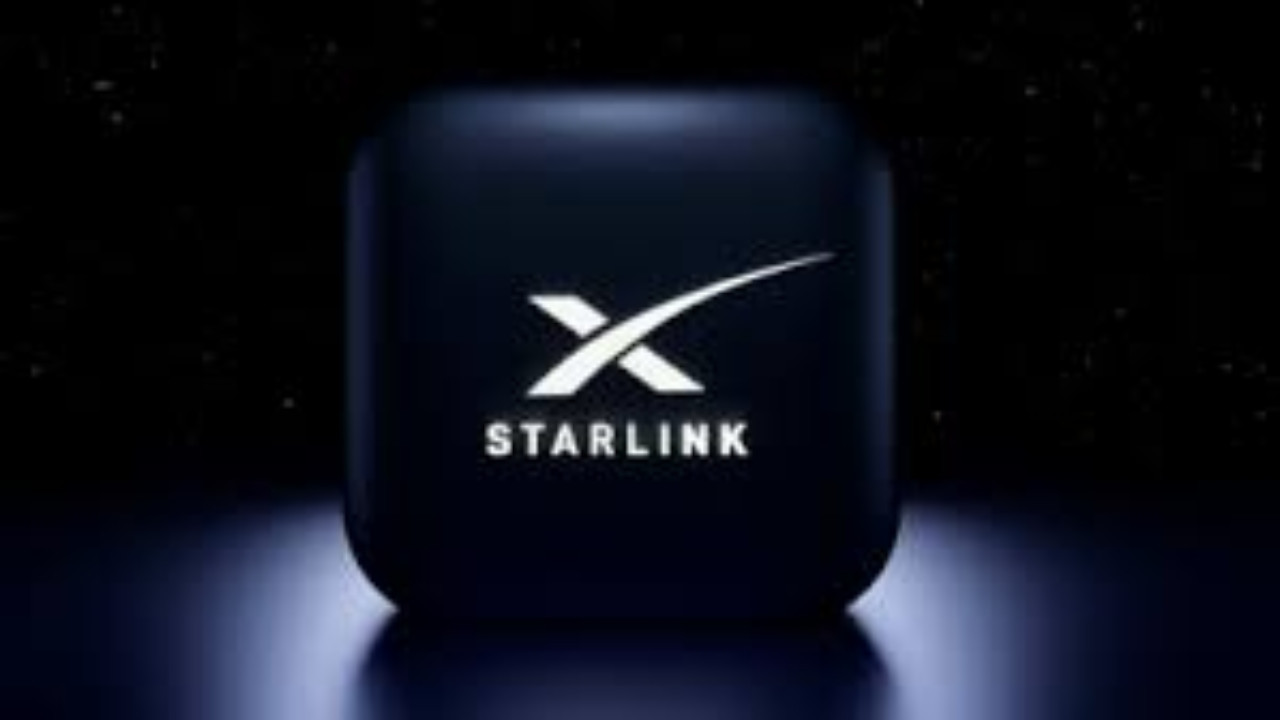Central government employees now have a choice between the National Pension System (NPS) and the new Unified Pension Scheme (UPS), launched on April 1, 2025. UPS offers a fixed pension of 50% of average basic pay after 25 years of service.
Are You a Central Government Employee Facing a Pension Crossroads? Clock’s Ticking!
Okay, let’s talk retirement. Because let’s face it, even thinking about it can feel like navigating a particularly dense jungle gym. But for all you central government employees out there, this isn’t just abstract musing; it’s crunch time. You’ve got a real, tangible decision staring you in the face, and the deadline is barreling towards us like a runaway train – June 30th.
We’re talking about the choice between the old, familiar comfort of the Old Pension Scheme (OPS) and the more contemporary, market-linked world of the National Pension System (NPS). This isn’t just about ticking a box; it’s about shaping your financial future and crafting the kind of golden years you’ve been working towards.
For those who joined central government service before December 22, 2003, this decision window has swung open. You’ve likely heard whispers, rumors, and water cooler debates about which path is the “better” one. The truth? There’s no one-size-fits-all answer. It depends entirely on your individual circumstances, risk appetite, and retirement aspirations.
So, let’s break it down, shall we?
The Old Pension Scheme (OPS) is the nostalgic favorite, a relic from a bygone era of guaranteed returns and predictable payouts. It’s that cozy armchair you sink into, knowing exactly what to expect. Under OPS, your pension is essentially a percentage of your last drawn salary. No market fluctuations to worry about, just a steady stream of income based on your service record and final paycheck. This appeals to those who prioritize security and predictability above all else. The comfort of knowing exactly what your income stream will be in retirement is a powerful draw.
However, the OPS coin has a flip side. It’s funded directly from the government’s coffers, and with an aging population and increasing pension liabilities, some argue that its long-term sustainability is questionable. Plus, let’s be honest, it’s not exactly designed to generate significant wealth. It’s a safety net, not a rocket ship.
Now, enter the National Pension System (NPS). Think of it as the modern, adaptable hybrid car of retirement planning. It’s a defined contribution scheme where you (and the government) contribute regularly to a retirement account that’s then invested in a mix of equity, debt, and other assets. This is where the “market-linked” part comes in. Your returns are dependent on how those investments perform, which means both the potential for higher growth and the risk of potential losses.
The beauty of NPS lies in its flexibility. You get to choose your asset allocation based on your risk tolerance. Feeling adventurous? Pump up the equity portion. More cautious? Stick to debt instruments. Moreover, it offers tax benefits that can significantly boost your savings. And upon retirement, you can withdraw a portion as a lump sum and use the rest to purchase an annuity, providing you with a regular income stream.
But with greater potential comes greater responsibility. Market volatility can be unnerving, and unlike OPS, there’s no guarantee of a fixed pension amount. You’re essentially putting your retirement nest egg in the hands of the market gods.
So, how do you decide?
Here’s where it gets personal. Start by asking yourself these crucial questions:
* What’s your risk tolerance? Are you comfortable with the ups and downs of the market, or do you prefer the safety and predictability of a guaranteed return?
* How long do you have until retirement? If you’re closer to hanging up your boots, OPS might seem like a safer bet. But if you have decades ahead, NPS has the potential to generate significant wealth through compounding.
* What are your financial goals for retirement? Do you simply want a comfortable income, or are you dreaming of lavish vacations and early retirement?
* Have you considered the tax implications? NPS offers tax benefits that can significantly reduce your taxable income.
Don’t make this decision in a vacuum. Talk to a financial advisor. Run the numbers. Understand the long-term implications of each choice. The government likely provided documentation and access to tools to help you compare the two options. Use them!
The June 30th deadline is a stark reminder that time waits for no one. Don’t procrastinate. Dive in, do your research, and make an informed decision that aligns with your financial goals and retirement dreams. This isn’t just about choosing a pension scheme; it’s about taking control of your future and ensuring a comfortable and fulfilling retirement. Your future self will thank you for it. And who knows? Maybe you’ll even be able to afford that jungle gym after all.
📬 Stay informed — follow us for more insightful updates!







